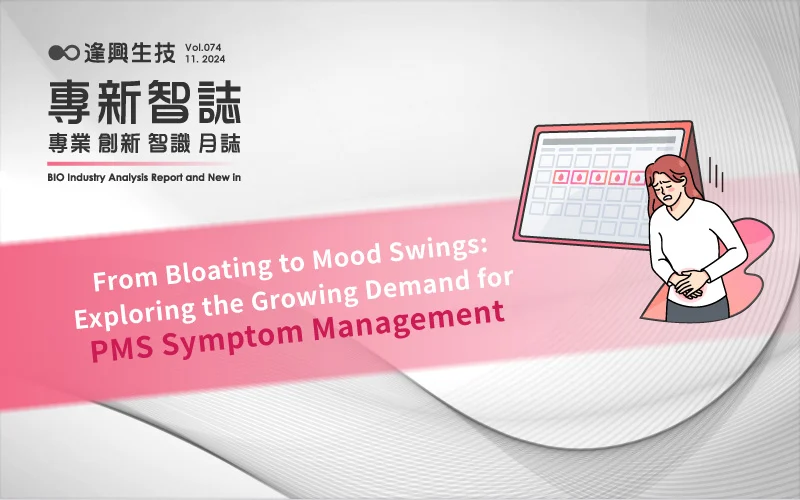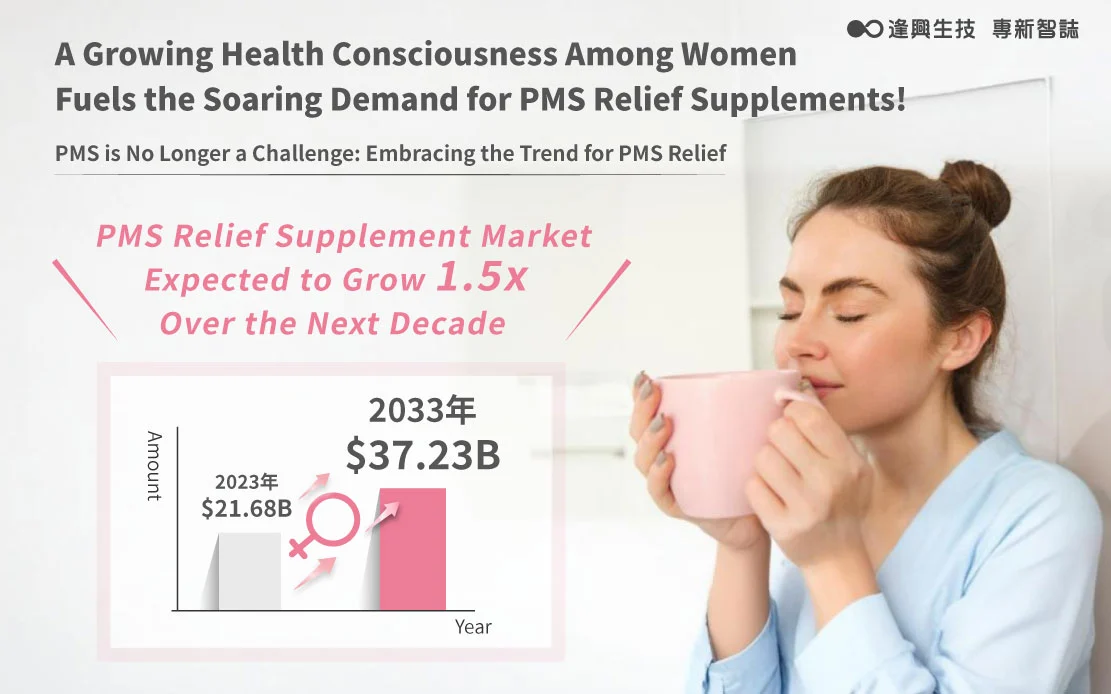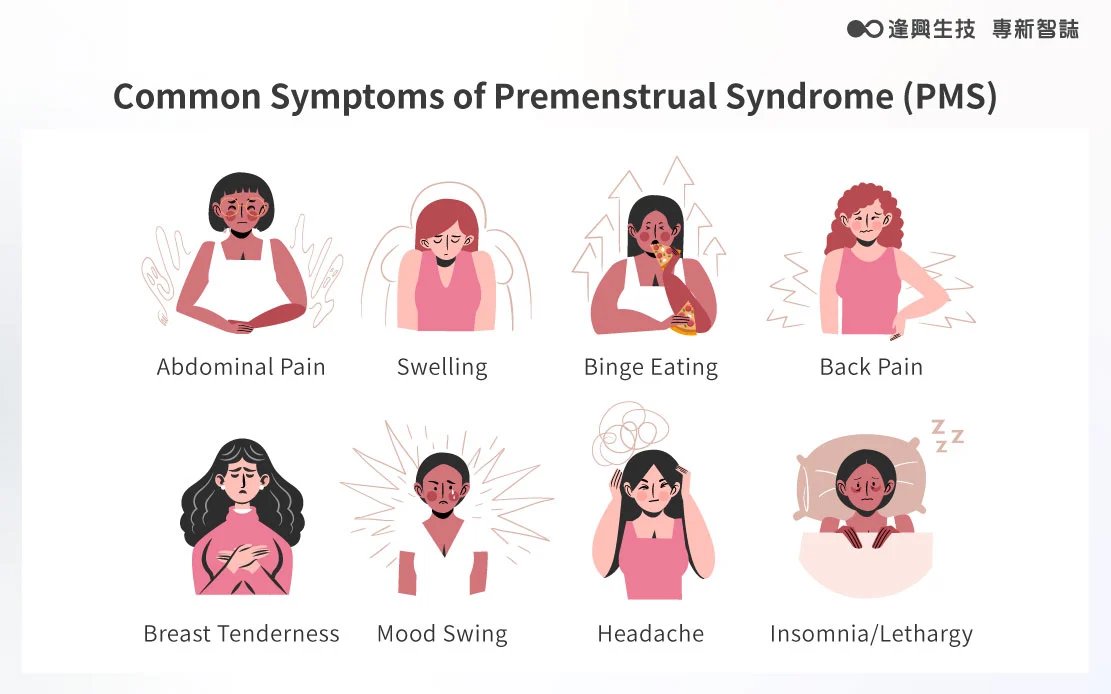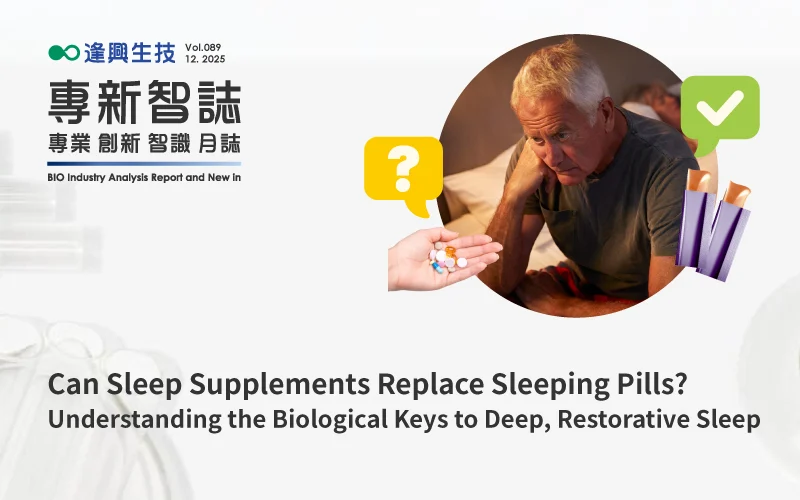
From Bloating to Mood Swings: Exploring the Growing Demand for PMS Symptom Management

Too tired to read? Just listen instead!|PMS Symptom Management
Mood Swings During Menstrual Periods: Not the Mind, but PMS as the Hidden Cause
Many women experience mood swings before their period, becoming unusually sensitive to jokes from friends, comments from colleagues, or perceived neglect from loved ones. These emotional changes are often accompanied by physical symptoms like dizziness, bloating, pain, swelling, and even sleepless nights that can impact next-day alertness. Far from being imagined, these symptoms are likely signs of Premenstrual Syndrome (PMS).
Market research reveals that the global PMS relief supplements market was valued at $21.68 billion in 2023 and is projected to grow to $37.23 billion by 2033. Beyond traditional painkillers, more women are turning to natural and effective solutions to manage menstrual symptoms like cramps, bloating, and mood swings. This growing preference for herbal remedies and vitamin supplements to support health and hormone balance highlights a rising trend of health consciousness among women.[1]

[1] Premenstrual Syndrome (PMS) & Menstrual Health Supplements Market Analysis 2024: High Prevalence of PCOS and Other Hormonal Disorders Leading to Increase in PMS and Menstrual Health Supplement Demand
https://www.businesswire.com/news/home/20240611570282/en/Premenstrual-Syndrome-PMS-Menstrual-Health-Supplements-Market-Analysis-2024-High-Prevalence-of-PCOS-and-Other-Hormonal-Disorders-Leading-to-Increase-in-PMS-and-Menstrual-Health-Supplement-Demand—ResearchAndMarkets.com
Understanding Premenstrual Syndrome: Managing PMS-Related Anxiety and Irritability
What is PMS and Its Causes?
Premenstrual Syndrome (PMS) encompasses a variety of physical and psychological symptoms that typically occur 7 to 14 days before menstruation. These symptoms vary widely among individuals and are closely associated with fluctuations in estrogen and progesterone levels. Deficiencies in vitamins and neurotransmitter imbalances may also contribute. For some women, the psychological symptoms are severe, leading to Premenstrual Dysphoric Disorder (PMDD), characterized by intense mood swings, depression, anxiety, heightened sensitivity, and crying spells. A 2023 study published in Psychoneuroendocrinology linked PMDD symptoms to abrupt drops in progesterone and dysfunctions in the hypothalamic-pituitary-adrenal (HPA) axis, which regulates stress.[2]
Most women, however, experience symptoms within the typical range of PMS, including physical discomfort and emotional fluctuations, which are common responses to hormonal changes before menstruation. Gaining a better understanding of the causes of PMS is essential for effective PMDD relief.
PMS: Symptoms and Vulnerable Groups
PMS is most common among women aged 20 to 40, and several factors can increase the susceptibility to PMS in some individuals:
- Family history: Women with a family history of PMS, such as mothers, aunts, or grandmothers who experience symptoms, are more likely to have PMS themselves.
- Stress and diet: High-stress environments, smoking, alcohol consumption, and poor nutrition can increase the risk of developing PMS.
- Hormonal fluctuations: Women with irregular menstrual cycles, those who are pregnant or have experienced a miscarriage, or those using contraceptive pills may be more susceptible to PMS symptoms.
- Mental health: Individuals with anxiety or depression may experience more severe PMS symptoms.
Overcoming PMS Anxiety: From Irritability to Comfort – A Practical Guide
- PMDD diet: Reducing caffeine, sugar, and salt intake while increasing fiber and complex carbohydrates can help stabilize blood sugar and improve mood. PMS relief supplements, such as calcium and magnesium may also alleviate cramps and reduce anxiety.[3]
- Regular exercise: Engaging in regular physical activity promotes the release of endorphins, which improves mood and reduces anxiety.
- Stress management: Techniques such as deep breathing, meditation, yoga, and adequate sleep can help reduce anxiety and irritability.
- Natural PMS relief supplements: Vitamins B6, Vitamin E, fish oil, and herbal phytoestrogens are commonly used to alleviate PMS symptoms.
In summary, by cultivating healthy habits and incorporating targeted PMS relief supplements, women can better manage PMS and embrace optimal moments of self-care with ease!

[2] Effect of chronic unpredictable stress in female Wistar-Kyoto rats subjected to progesterone withdrawal:
Relevance for Premenstrual Dysphoric Disorder neurobiology
https://pubmed.ncbi.nlm.nih.gov/37437420/
[3] The effects of magnesium supplementation on subjective anxiety
https://pubmed.ncbi.nlm.nih.gov/27869100/



